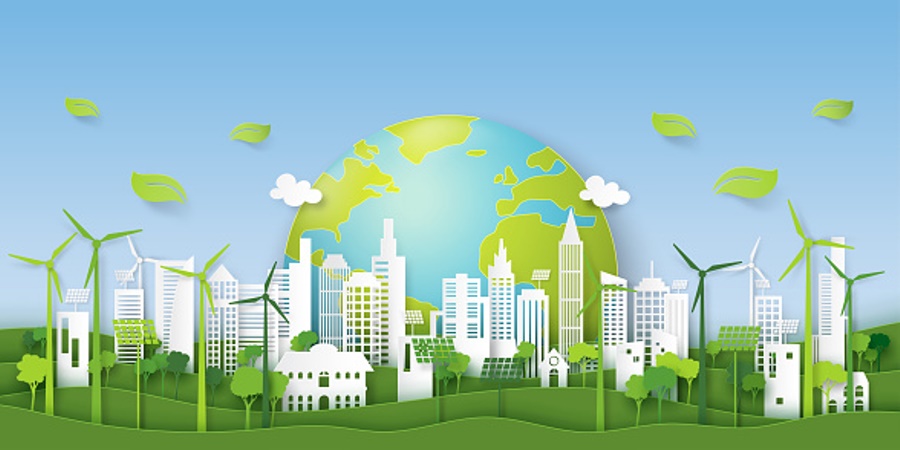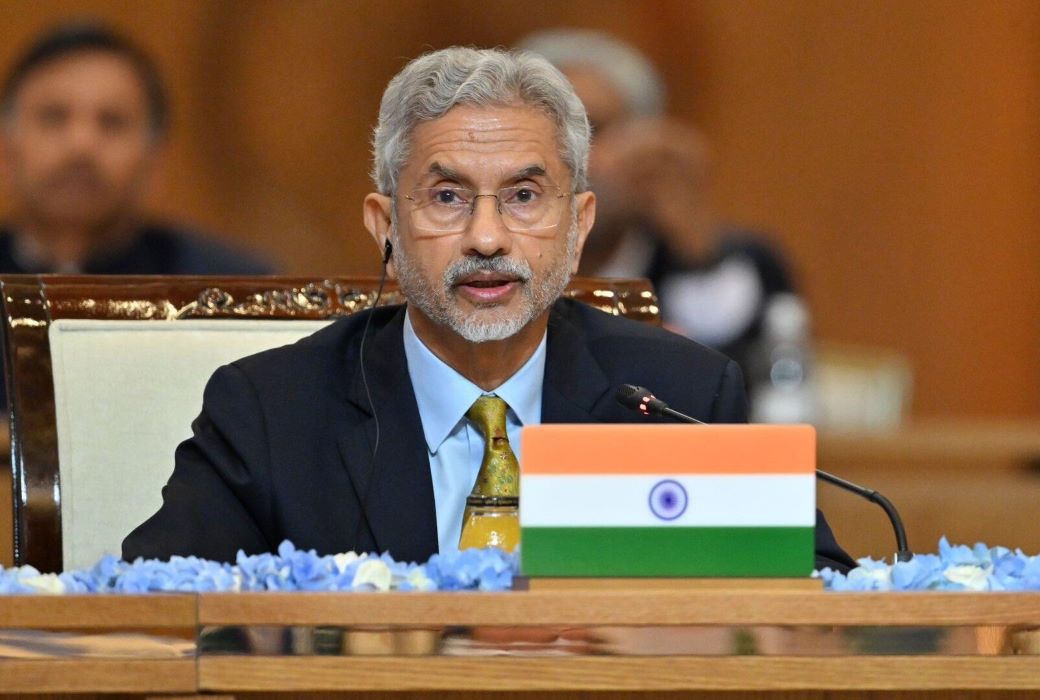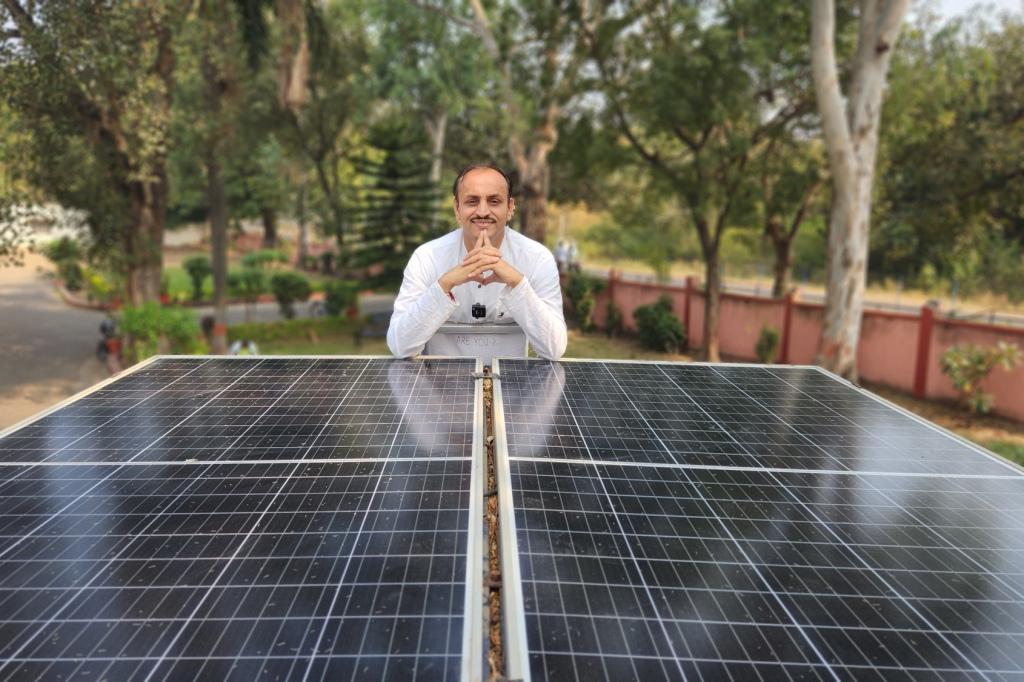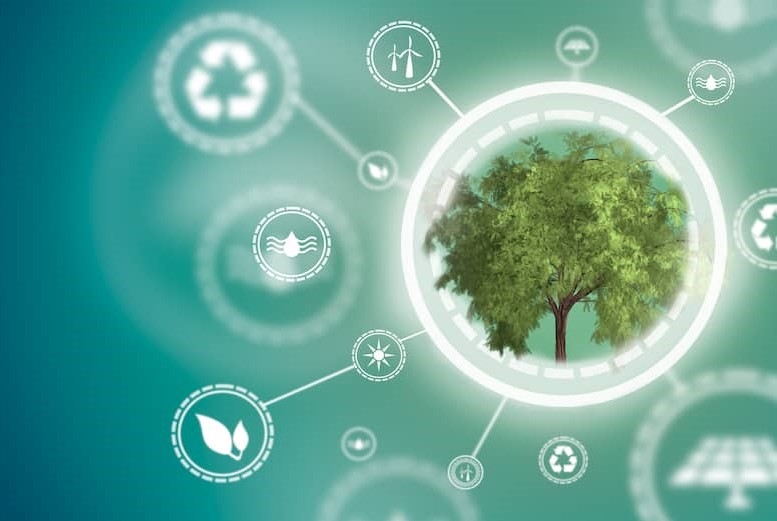New Delhi, April 17th, 2023. Climate change is a significant global issue that requires urgent action. Experts agree that carbon removal is an essential part of addressing this crisis, in addition to reducing emissions. To tackle the challenge, tech giant Apple is expanding its Restore Fund, which invests in carbon removal projects. Taking a proactive lead, the company has doubled its total commitment to advancing high-quality, nature-based carbon removal projects, which is a significant move towards decarbonisation.
The multinational technology company recently announced that it will invest an additional $200 million in the Restore Fund, which aims to encourage global investment in protecting and restoring critical ecosystems and scaling natural carbon removal solutions. The Fund was first launched in 2021 with a $200 million commitment with Conservation International and Goldman Sachs. As part of the expansion, Climate Asset Management, a joint venture of HSBC Asset Management and Pollination, will manage the new fund and its portfolio of carbon removal projects.
"The Restore Fund is an innovative investment approach that generates real, measurable benefits for the planet, while aiming to generate a financial return,” said Lisa Jackson, Apple’s vice president of Environment, Policy, and Social Initiatives. “The path to a carbon neutral economy requires deep decarbonisation paired with responsible carbon removal, and innovation like this can help accelerate the pace of progress," she added.
The Restore Fund’s approach helps address residual emissions businesses cannot yet avoid or reduce with existing technology. It aims to remove 1 million metric tons of carbon dioxide per year at its peak while generating a financial return for investors. The fund will also offer a new way for Apple suppliers to incorporate high-impact carbon removal projects as they decarbonize.
Apple and Climate Asset Management are taking a broadened approach with prospective projects, pooling two distinct types of investments: nature-forward agricultural projects that generate income from sustainably managed farming practices and projects that conserve and restore critical ecosystems that remove and store carbon from the atmosphere. This unique blended fund structure aims to achieve both financial and climate benefits for investors while advancing a new model for carbon removal that more fully addresses the global potential for nature-based solutions. All Restore Fund investments are subject to rigorous social and environmental standards.
Located in Brazil and Paraguay, Apple’s three initial investments with Conservation International and Goldman Sachs aim to restore 150,000 acres of sustainably certified working forests and protect an additional 100,000 acres of native forests, grasslands, and wetlands. Together, these projects are forecast to remove 1 million metric tons of carbon dioxide from the atmosphere per year by 2025.
Apple is already carbon neutral for its corporate operations and last year called on its suppliers to become carbon neutral across all Apple-related operations by 2030, including all of their direct and electricity-related emissions, also known as Scope 1 and Scope 2. High-quality carbon removals will help achieve this goal by offsetting any direct emissions that cannot be avoided or reduced. Suppliers are first expected to reduce emissions by transitioning to renewable energy, improving energy efficiency, and abating direct emissions. Earlier this month, Apple announced over 250 manufacturing partners have committed to power their Apple production with 100 percent renewable energy by 2030.
To accurately monitor and measure the impact of Restore Fund projects, Apple is deploying innovative remote sensing technologies, including Space Intelligence’s Carbon and Habitat Mapper, Upstream Tech’s Lens platform, and high-resolution satellite imagery from Maxar. These detailed maps will help ensure that projects meet high standards prior to investment and will quantify and verify the projects’ carbon removal impact over time. Apple is also further exploring the use of the LiDAR Scanner on iPhone to enhance monitoring capabilities on the ground.
The Restore Fund is part of the company’s comprehensive roadmap to become carbon neutral for its entire supply chain and the life cycle of every product by 2030. Apple aims to reduce 75 percent of all emissions by 2030 and balance the remaining emissions with high-quality carbon removal.
With this expansion, Apple is not only increasing its own commitment to reducing its carbon footprint, but also setting an example for other companies to follow. It's becoming increasingly clear that businesses must take responsibility for their role in climate change and invest in innovative solutions to create a more sustainable future for all.
















.jpg)



